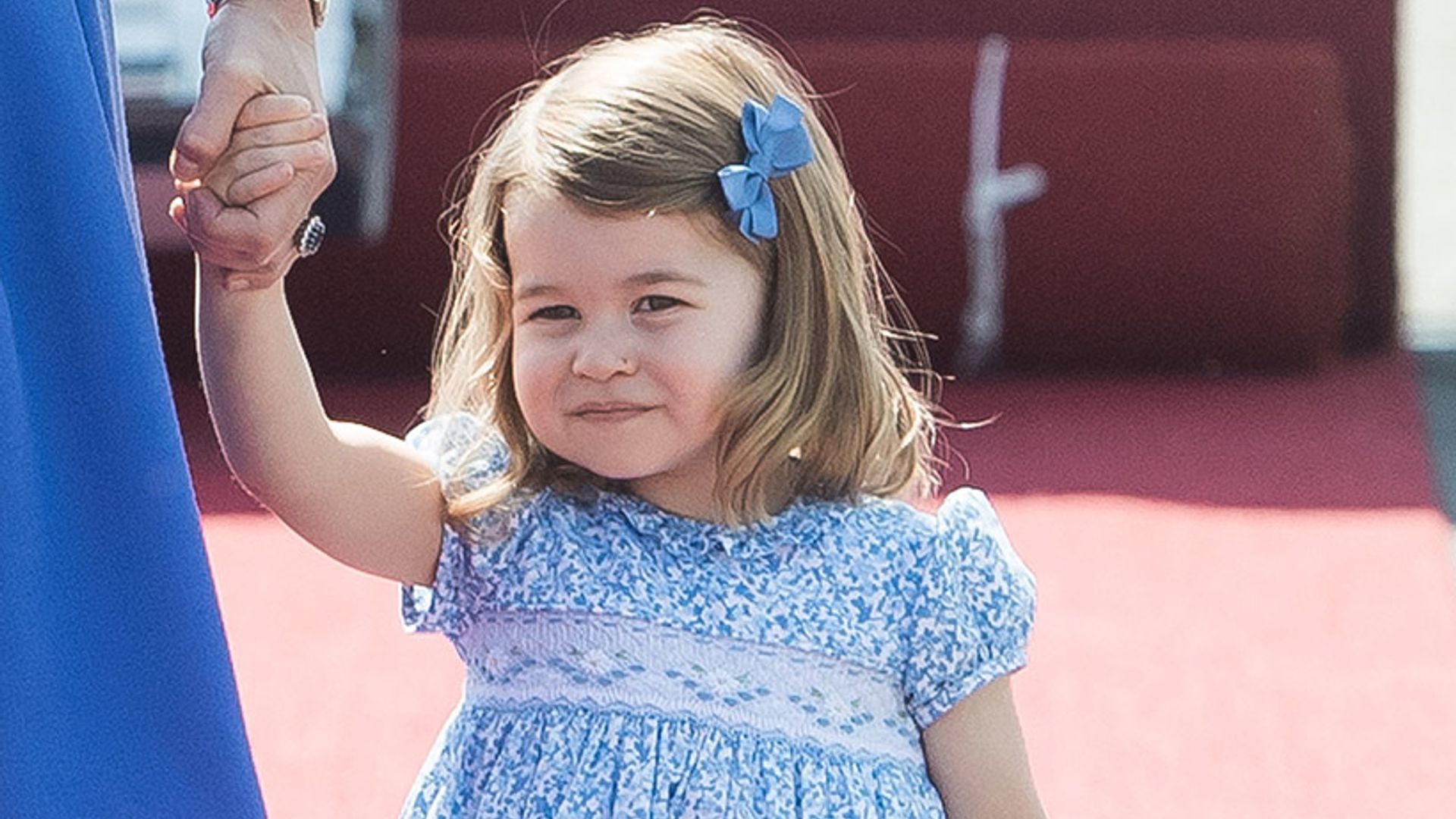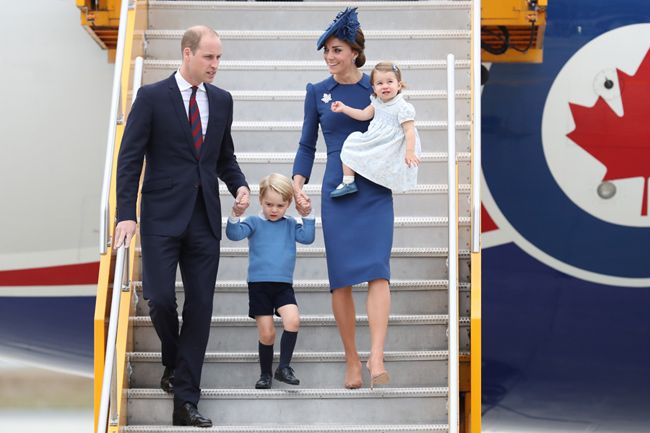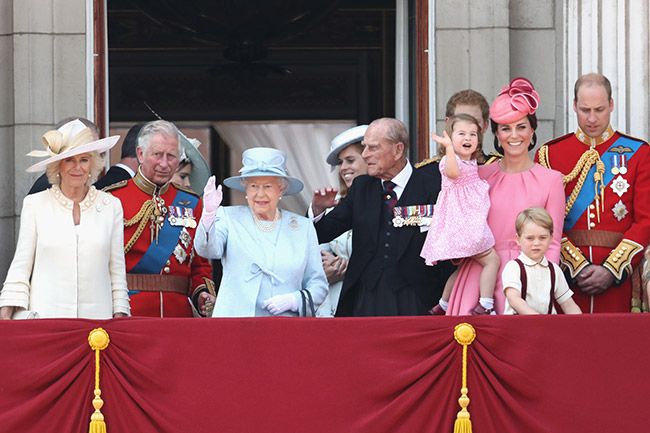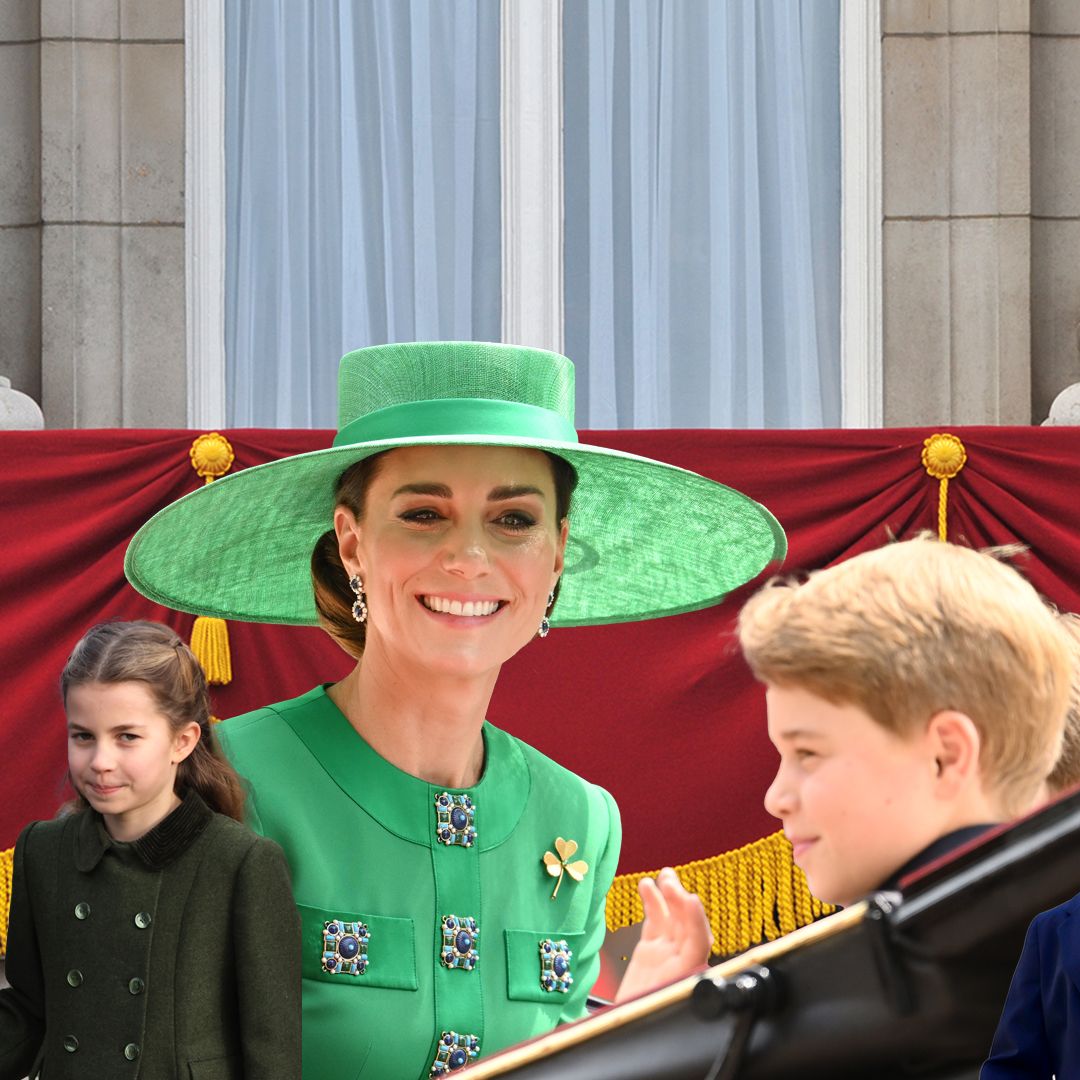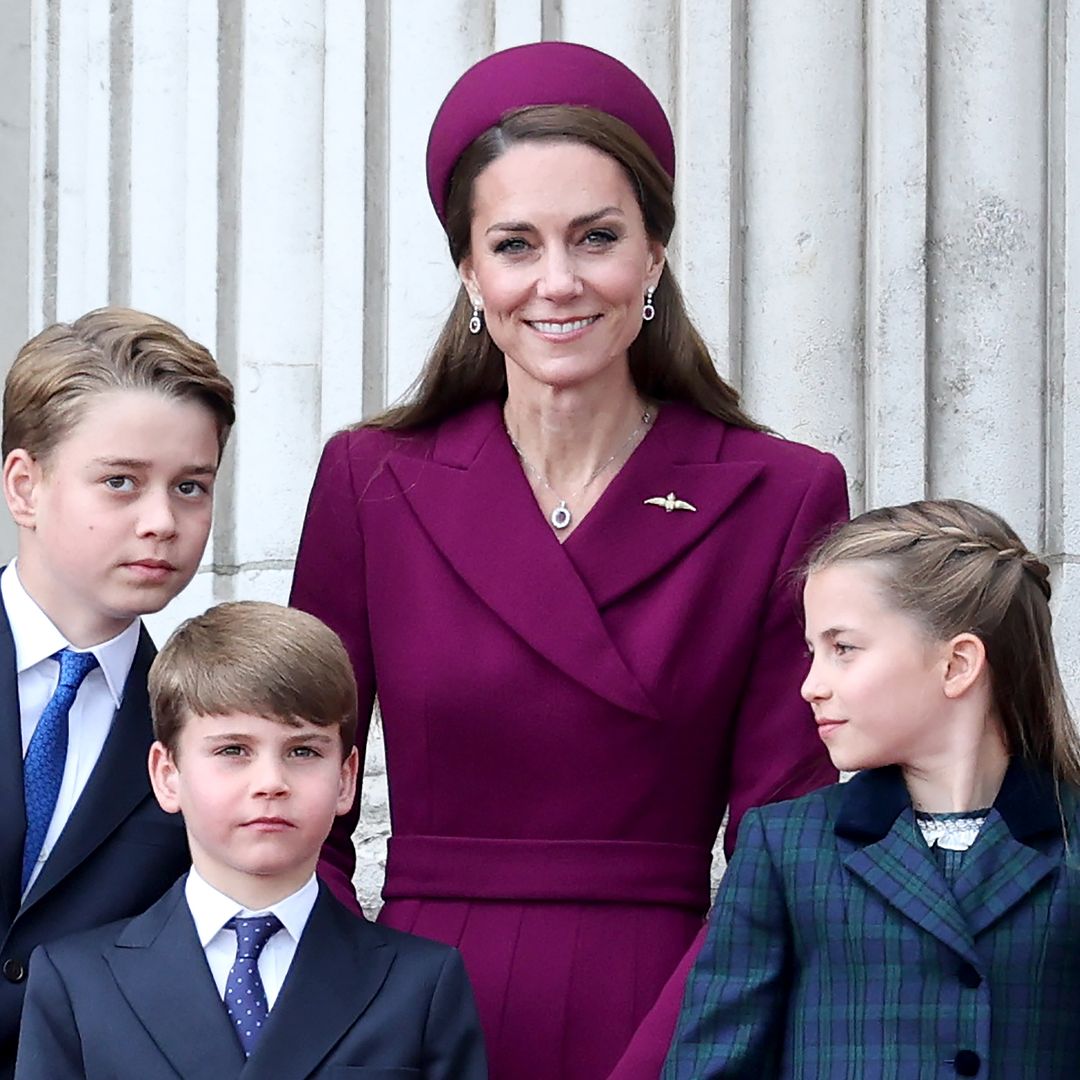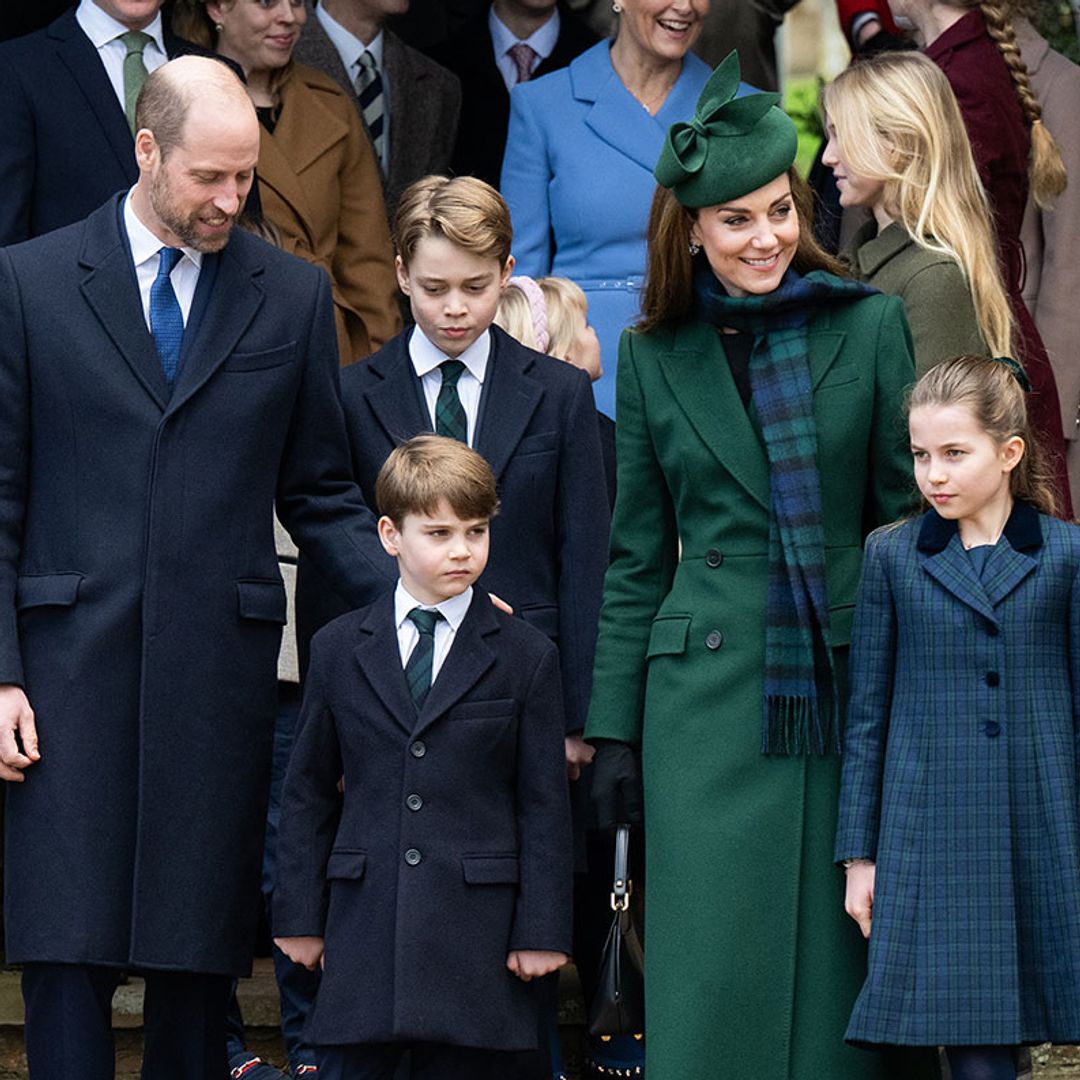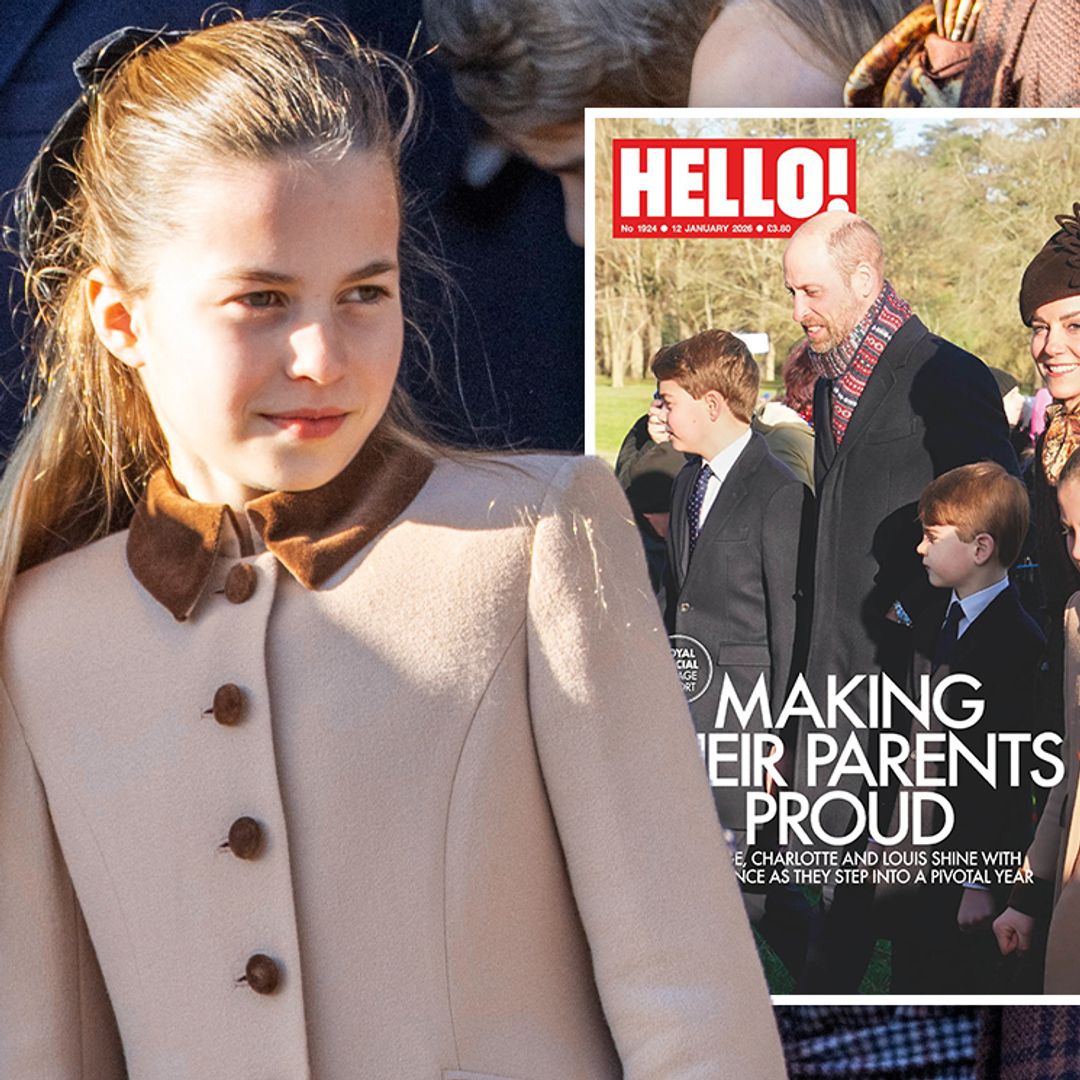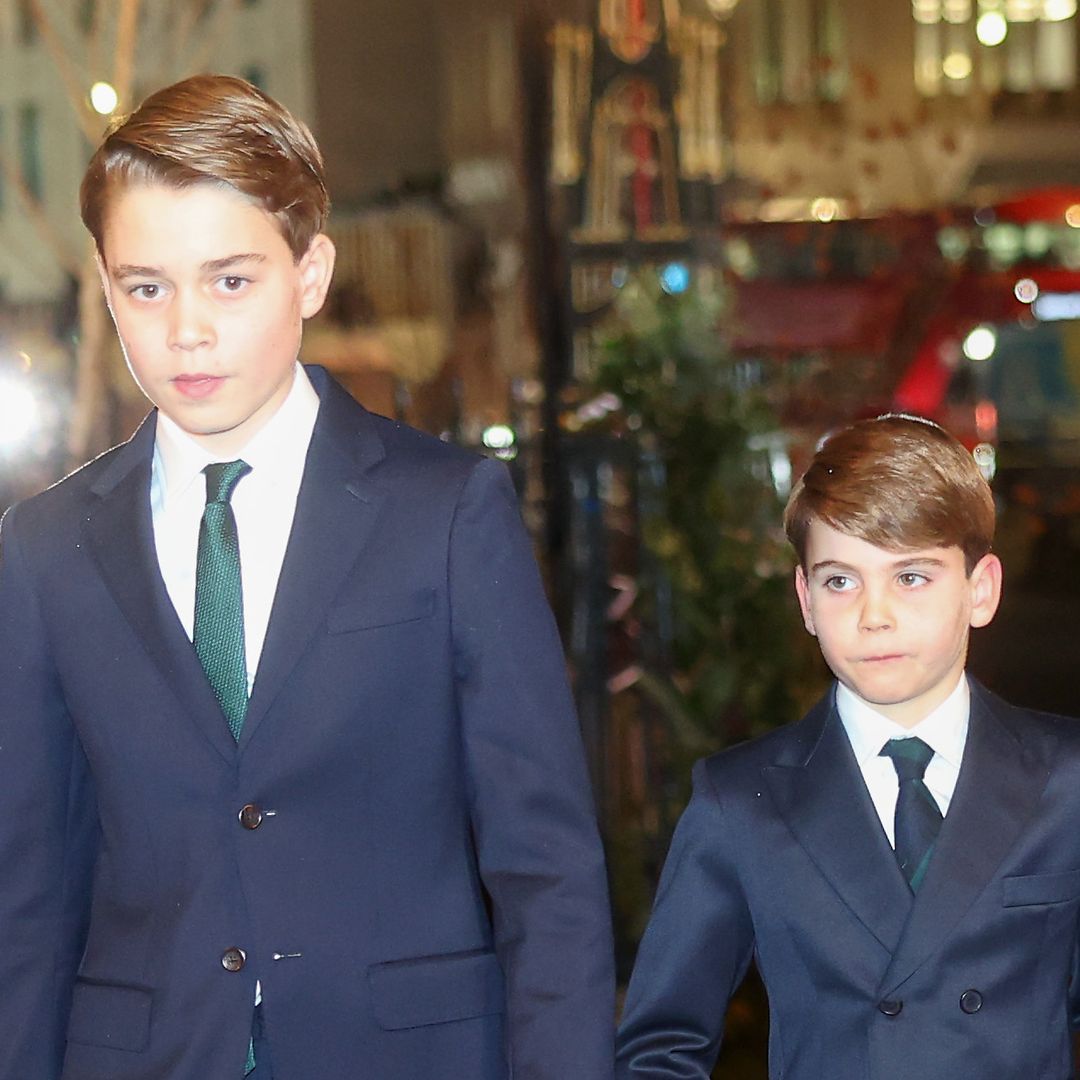The Duke and Duchess of Cambridge are set to welcome their third baby any day now, and depending on the gender, it could mean that Princess Charlotte will make history within the British royal family. If Kate gives birth to a baby boy, it will be the first time that a girl would keep her rank rather than drop a place to a younger brother. It follows the change of succession laws in the UK, which were updated ahead of Prince George's birth in 2013 to allow a possible first-born daughter of Prince William and Kate to take precedence over any younger brothers.
Princess Charlotte will retain her rank if she gets a little brother
The decision was unanimously approved at a Commonwealth summit in Australia back in 2011, changing a 300-year rule. The old succession laws stated that the heir to the throne would be the first-born son of the King or Queen, and the title would only pass to a daughter when there are no sons. Speaking about the law change at the time, former Prime Minister David Cameron said: "Put simply, if the Duke and Duchess of Cambridge were to have a little girl, that girl would one day be our Queen. The idea that a younger son should become monarch instead of an elder daughter simply because he is a man, or that a future monarch can marry someone of any faith except a Catholic - this way of thinking is at odds with the modern countries that we have become."
Princess Charlotte is currently fourth-in-line to the throne
Everything you need to know about the royal baby
Other monarchies in which the eldest child is the heir, regardless of gender, include Sweden, Netherlands, Norway and Belgium, while in Spain and Monaco, males take precedence over females. For example, Prince Jacques of Monaco is the heir apparent, despite being two minutes younger than his twin sister, Princess Gabriella.
GALLERY: Royal baby excitement: see Kate Middleton, Prince William, Prince Harry as babies
